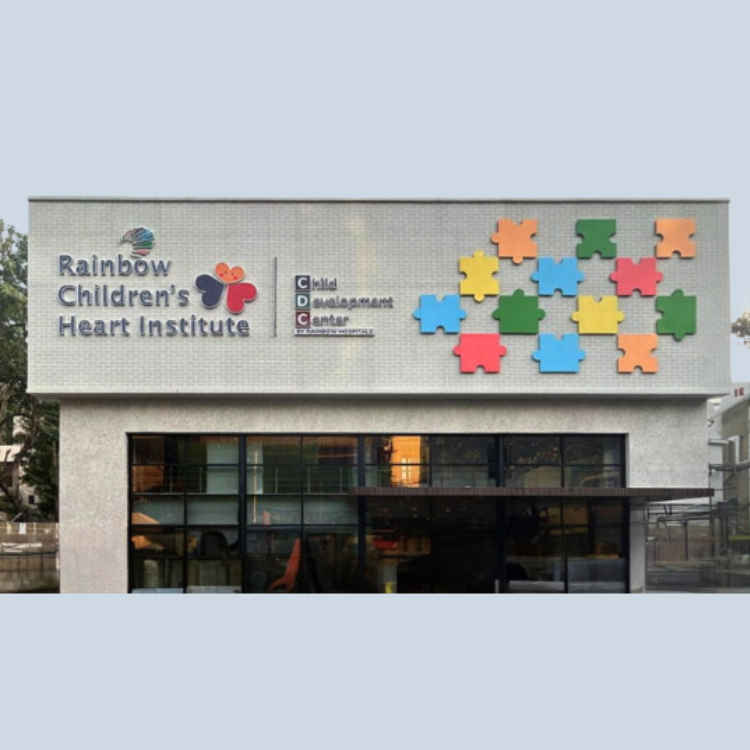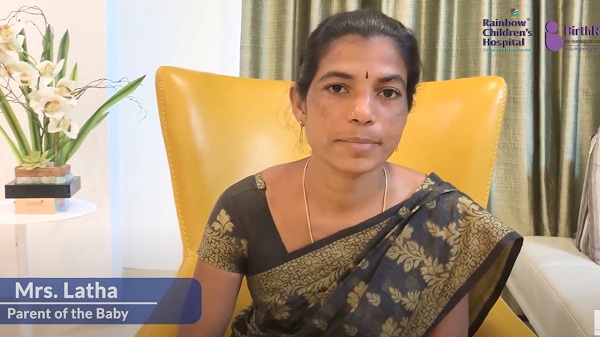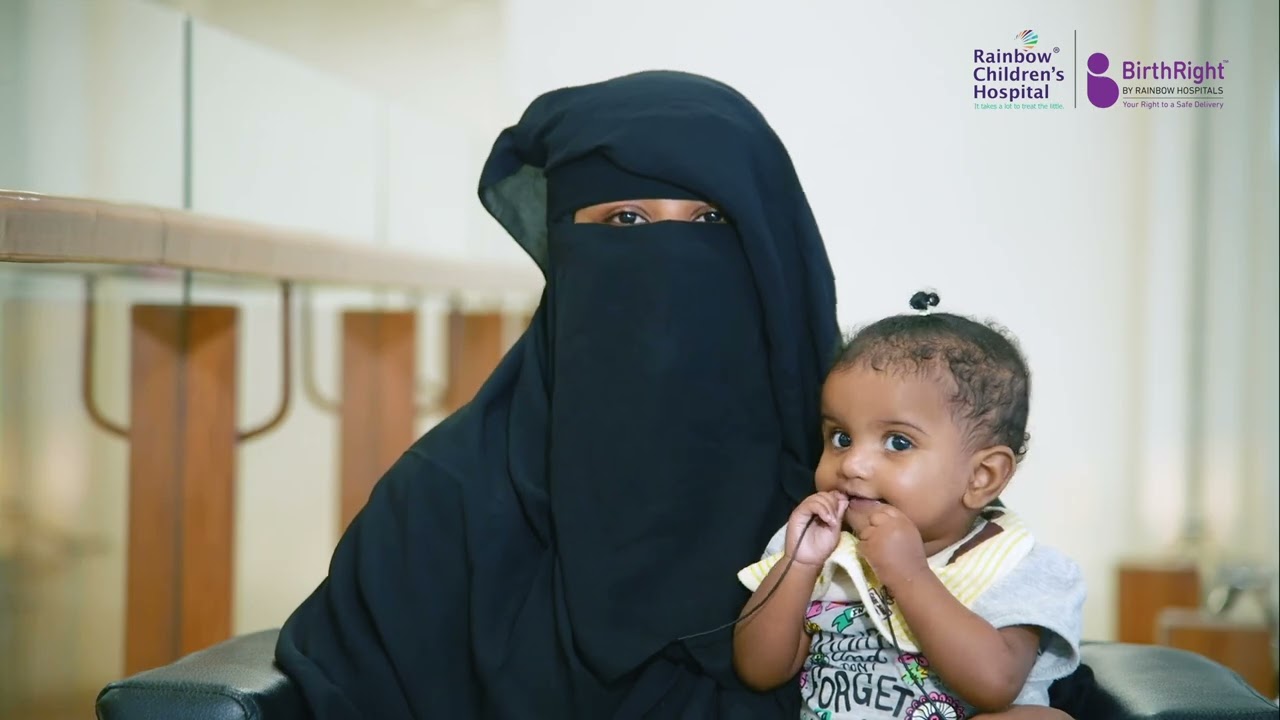Seamless support from diagnosis to post treatment care
Occupational Therapy
Occupational therapy for children aims to enhance their active participation in meaningful and essential activities in their lives. This therapy promotes children's development, health, and overall well-being, encompassing activities such as school tasks, play, and self-care. Interventions are customized based on the child's unique needs, considering both disability-related challenges and typical developmental milestones. At Rainbow Children's Hospital, our team of specialists is dedicated to optimizing children's engagement in everyday activities.
Occupational therapy empowers children to acquire the skills necessary for participating in activities like play, self-care, and social interactions. This includes improving their coordination, fine motor skills, visual and cognitive-perceptual abilities, peer interactions, and handwriting, among others.
This holistic approach aids in addressing conditions such as:
-
Attention-Deficit Hyperactivity Disorder (ADHD)
-
Autism Spectrum Disorders
-
Cerebral Palsy
-
Developmental coordination disorder
-
Developmental delay
-
Sensory integration dysfunction
-
Evaluation and training in self-care
-
Evaluation and training in movement
-
Enhancing social participation
-
Providing education for patients and caregivers
-
Assessing and intervening in bedside feeding challenges
-
Testing and treating developmental issues
Through our occupational therapy services, we assist children in overcoming barriers and acquiring the necessary skills to actively engage in the activities that are meaningful to them.
..
Find a Doctor
Expertise you can trust, Meet our esteemed doctors who bring exceptional knowledge, compassion, and innovation to provide top-notch care for your health and well-being.
Our Hospitals and ClinicsOur Hospitals and Clinics
Rainbow Children's Hospital stands as a testament to the hospital's continual pursuit of excellence and innovation, providing specialized care for women and children.
Request a Call back
Tap to Fill FormRequest a Call back
What Are People Saying About Us
Embark on a journey of inspiration and hope with our patient success stories, complemented by informative videos from our dedicated doctors.
A child with touch or tactile sensory defensiveness can react to certain sensory events like touching messy materials or food with their hands or feet, washing or combing their hair, wearing a hat, sandals, or shoes, clipping nails, wearing clothes, etc. If any of these events is making your child display any negative reaction like crying, it means there is an issue in their sensory system.
Quick Links
- Best Pediatric Occupational Therapists In Hyderabad
- Best Pediatric Occupational Therapists In Bangalore
- Best Pediatric Occupational Therapists In Delhi
- Best Pediatric Occupational Therapists In Chennai
- Best Pediatric Occupational Therapists In Vijayawada
- Best Pediatric Occupational Therapists In Vizag
- Best Pediatric Occupational Therapists In Banjarahills
- Best Pediatric Occupational Therapists In Lb Nagar
- Best Pediatric Occupational Therapists In Bannerghatta
- Top Pediatric Occupational Therapists in India
- Pediatric Occupational Therapist In India Near Me
- Best Pediatric Occupational Therapist In India Near Me
- Famous Pediatric Occupational Therapist In India Near Me
- Top Pediatric Occupational Therapist In India Near Me
- Famous Pediatric Occupational Therapist In India
- Best Pediatric Occupational Therapist In India
- Pediatric Occupational Therapist In India
- Pediatric Occupational Therapists near me in Lb Nagar
- Pediatric Occupational Therapists near me in Banjarahills
- Best Treatment for Lymphedema in Children, Hyderabad
- Best Treatment for Vaping in Children, Hyderabad
- Best Treatment for Camptodactyly in Children, Hyderabad
- Best Treatment for Lymphedema in Children, Bengaluru
- Best Treatment for Vaping in Children, Bengaluru
- Best Treatment for Camptodactyly in Children, Bengaluru
- Best Treatment for Lymphedema in Children, Delhi
- Best Treatment for Vaping in Children, Delhi
- Best Treatment for Camptodactyly in Children, Delhi
- Lymphedema in Children, Chennai
- Vaping in Children, Chennai
- Camptodactyly in Children, Chennai
- Best Treatment for Lymphedema in Children, Vijayawada
- Best Treatment for Vaping in Children, Vijayawada
- Best Treatment for Camptodactyly in Children, Vijayawada
- Best Treatment For Lymphedema in Children, Vizag
- Best Treatment For Vaping in Children, Vizag
- Best treatment For Camptodactyly in Children, Vizag
- Best Occupational Therapist in Sarjapur Road, Bengaluru
- Best Occupational Therapy in Himayatnagar, Hyderabad










